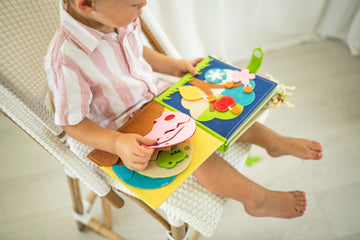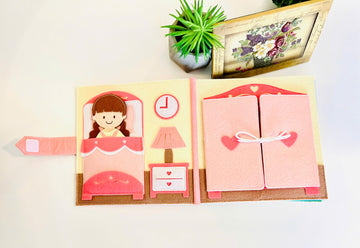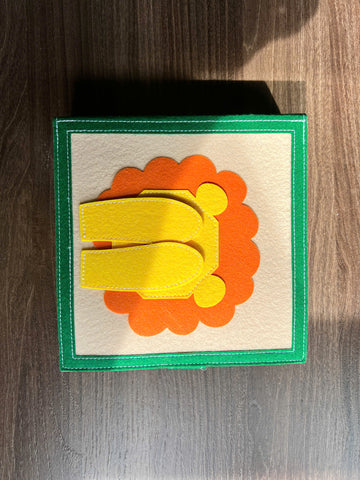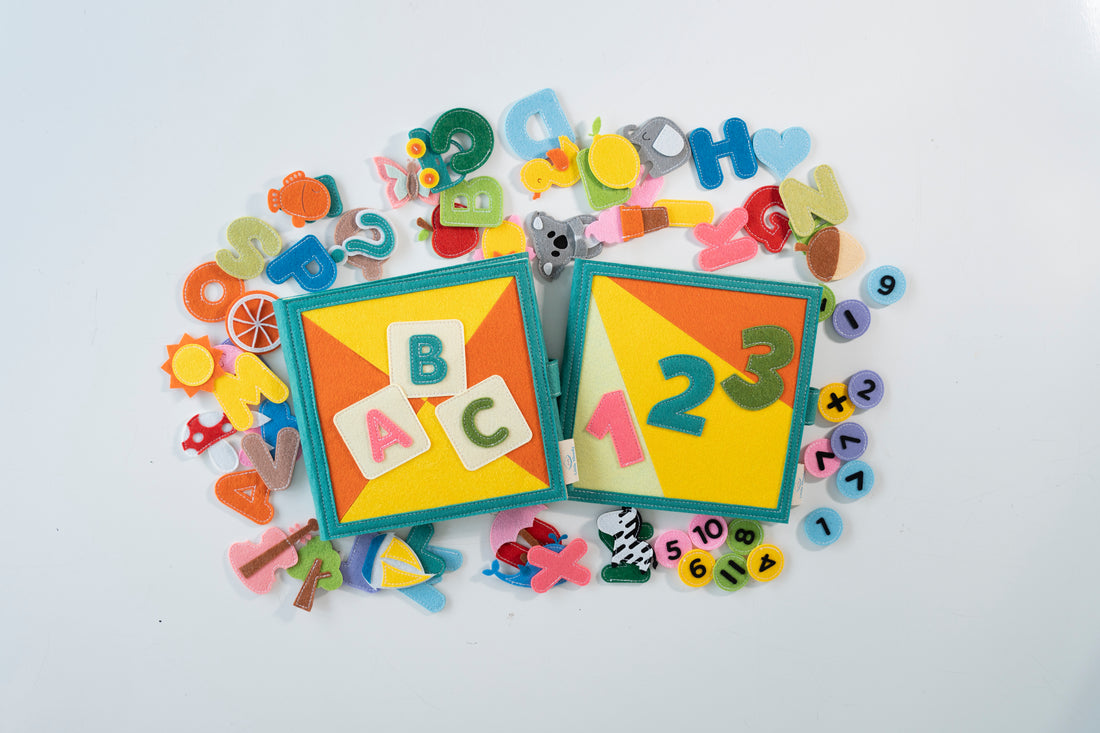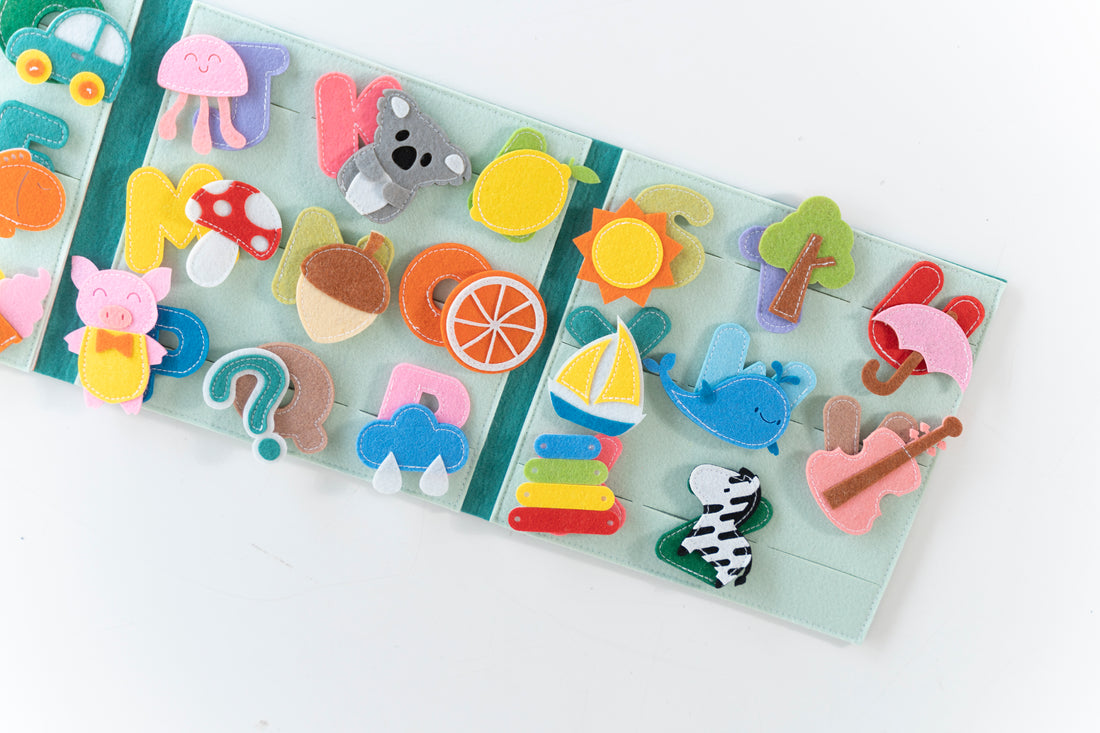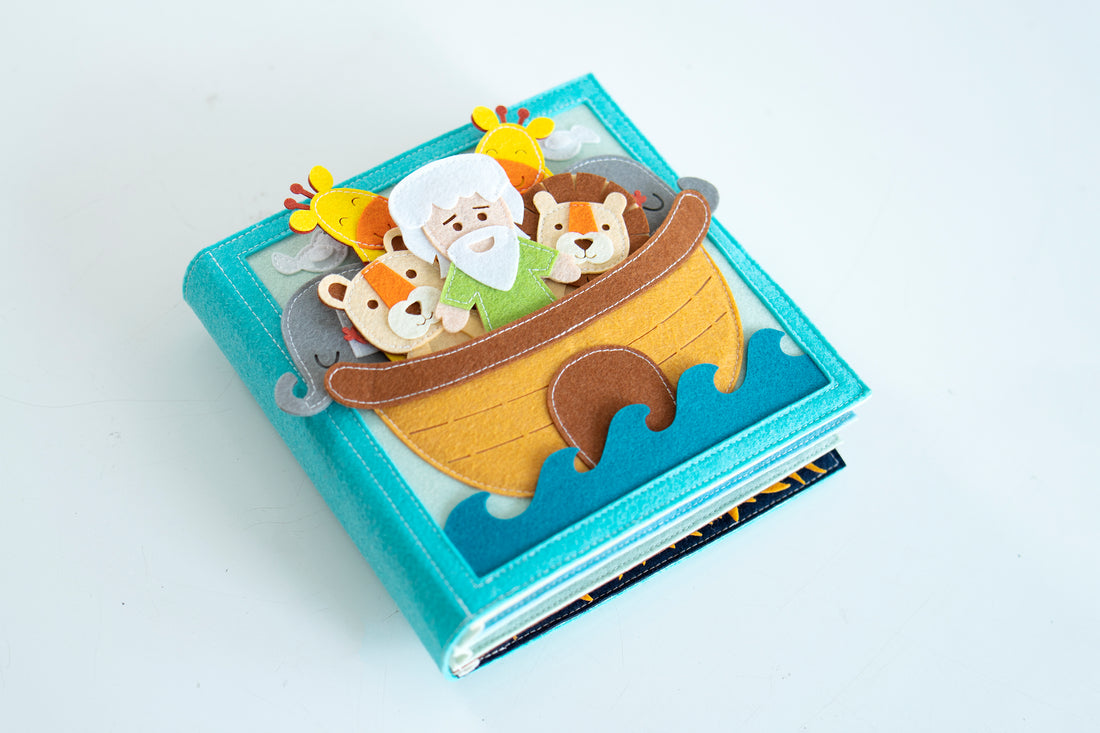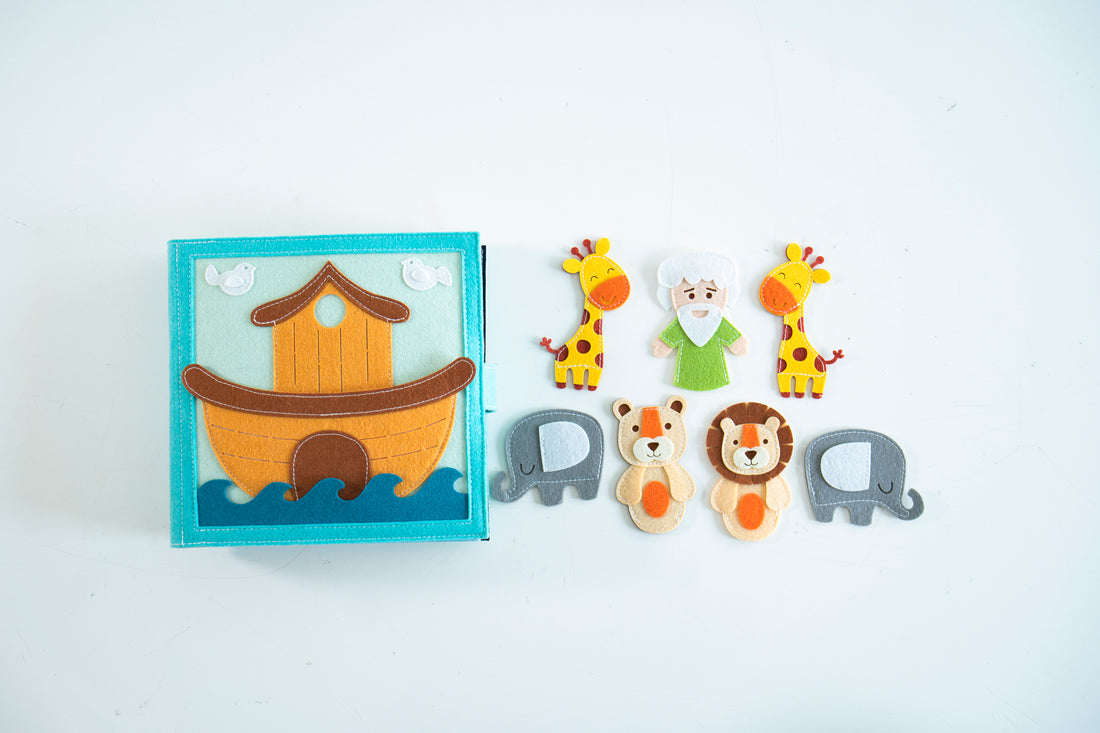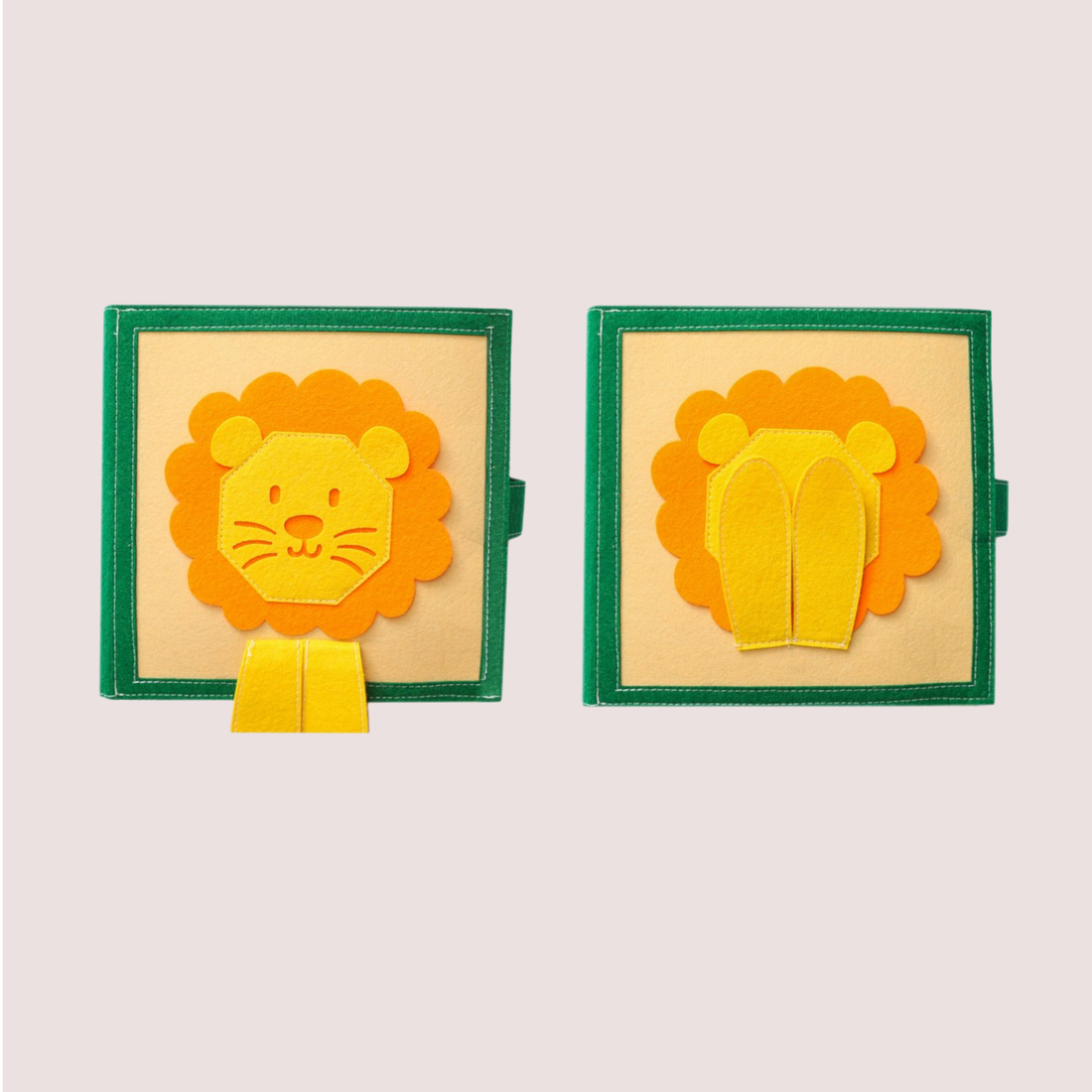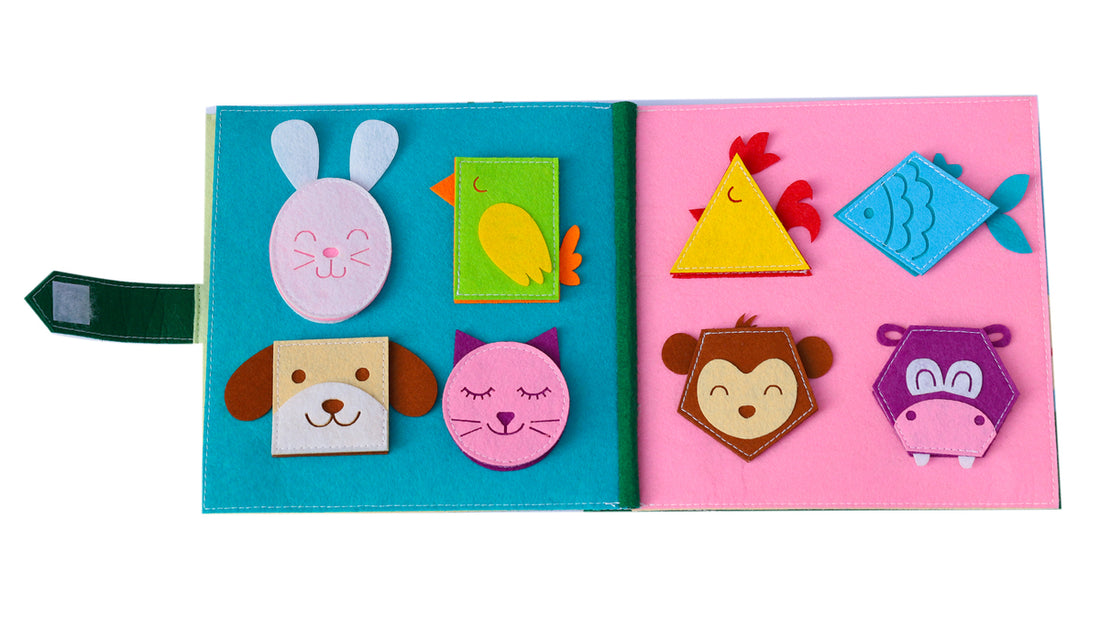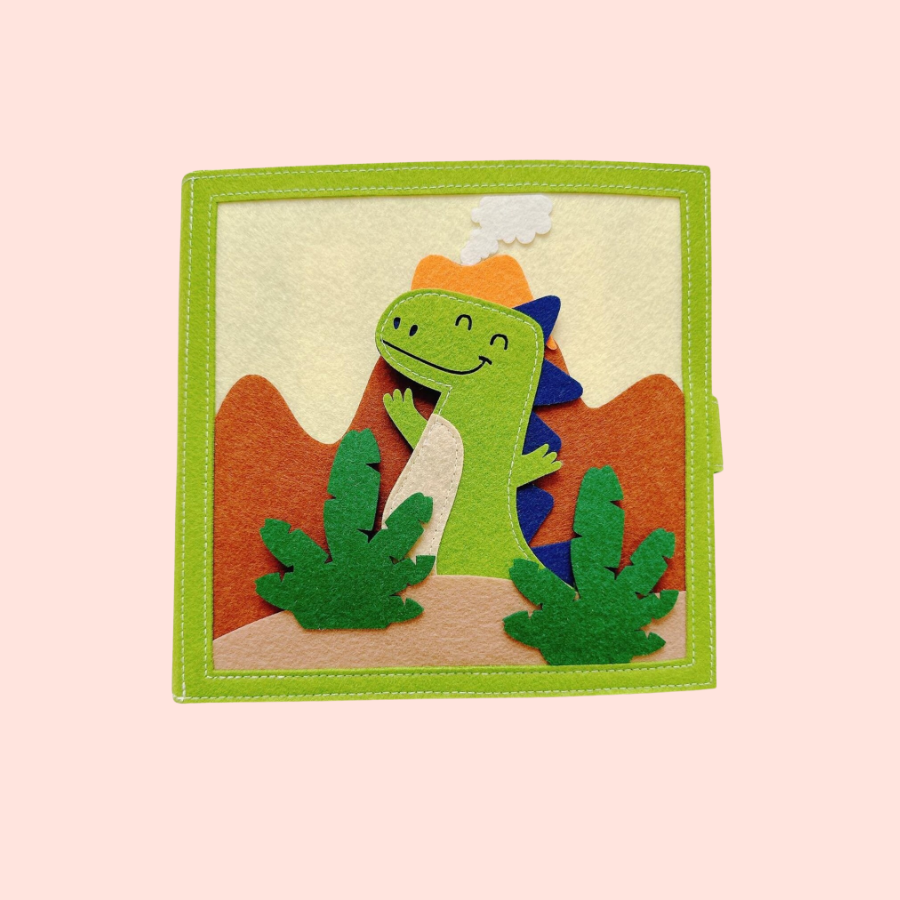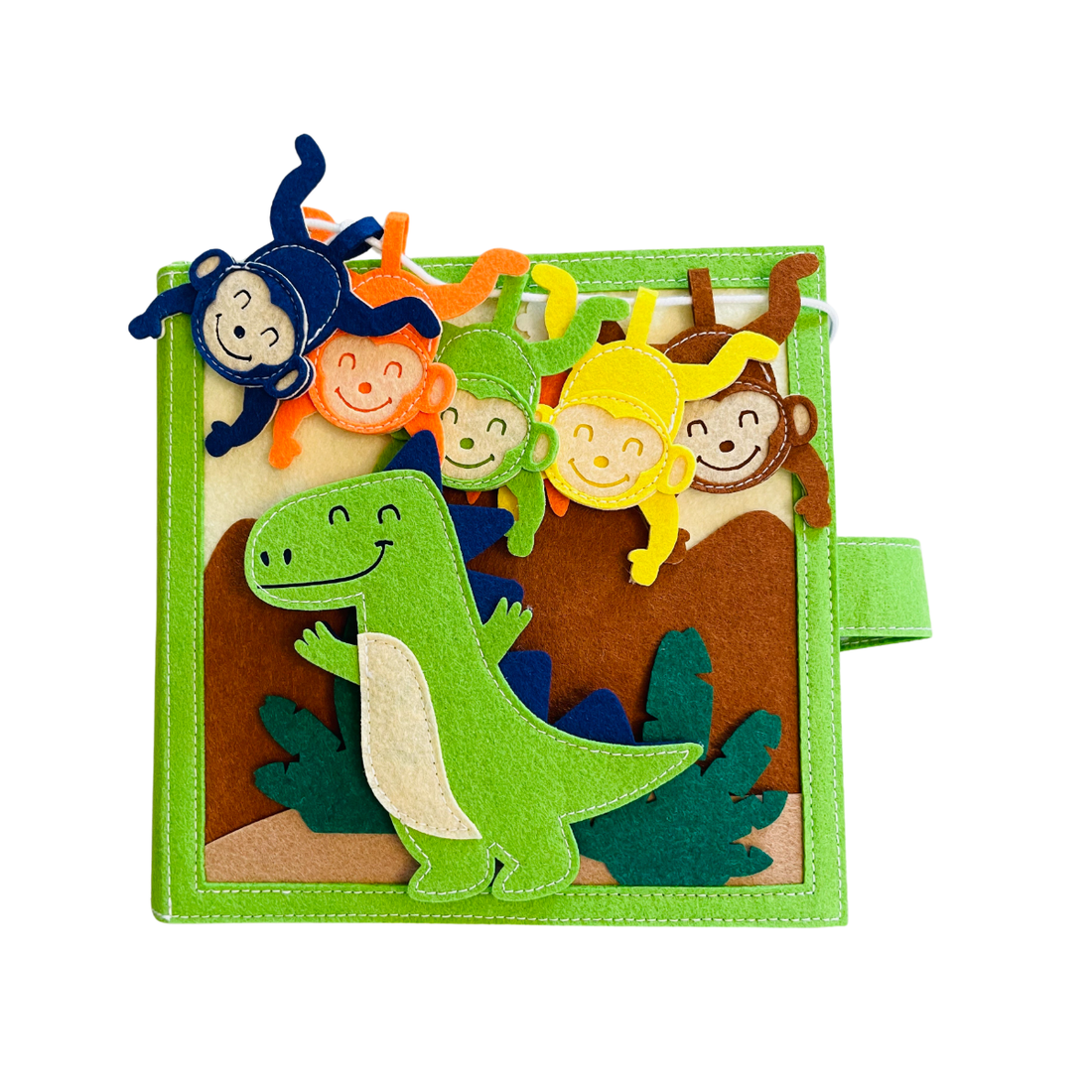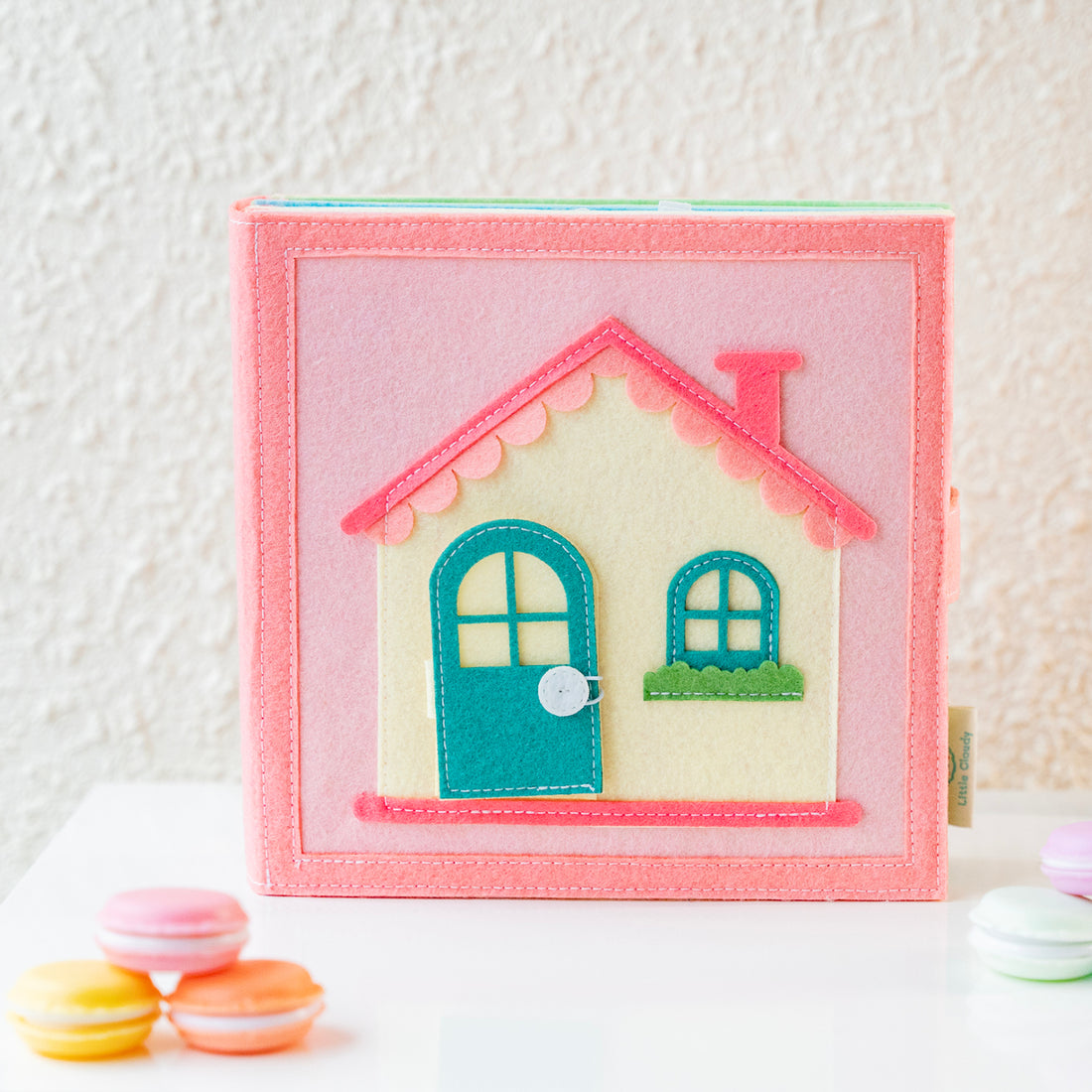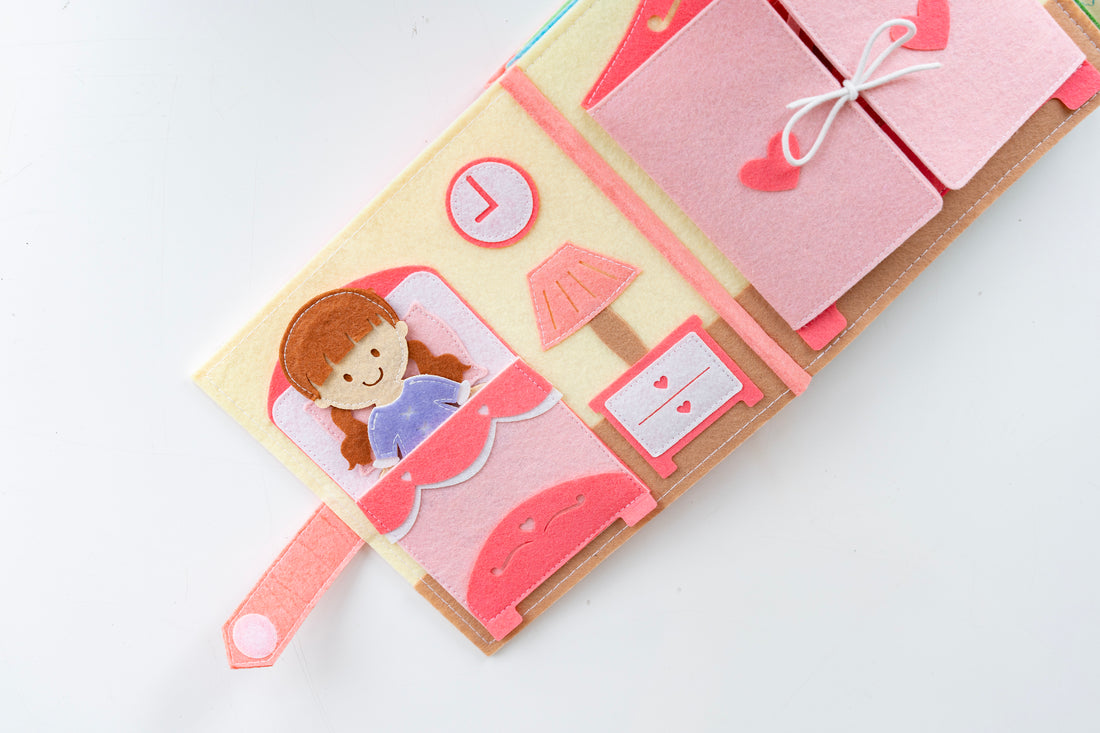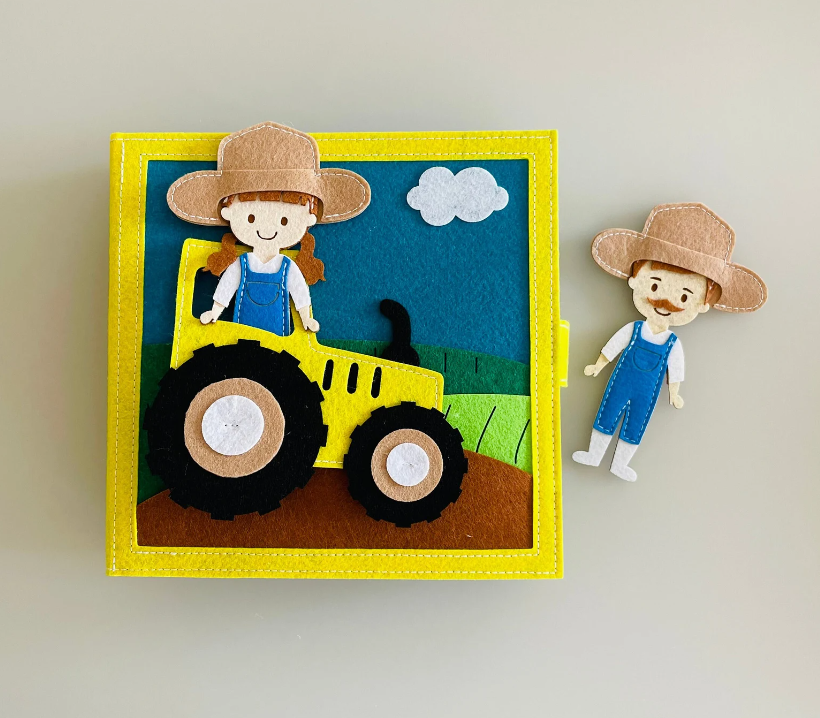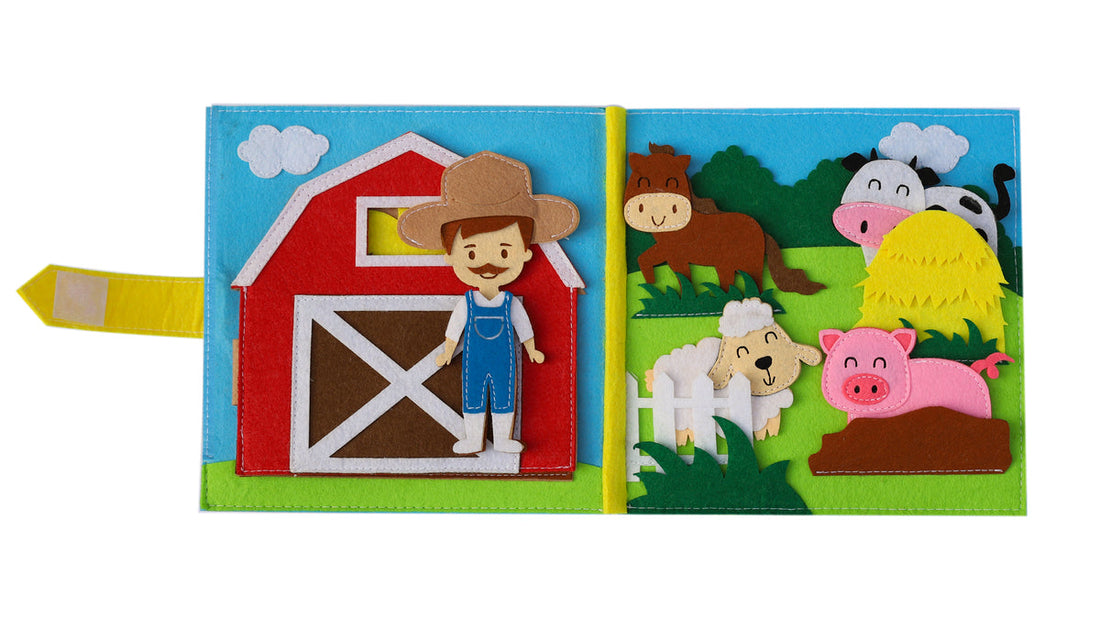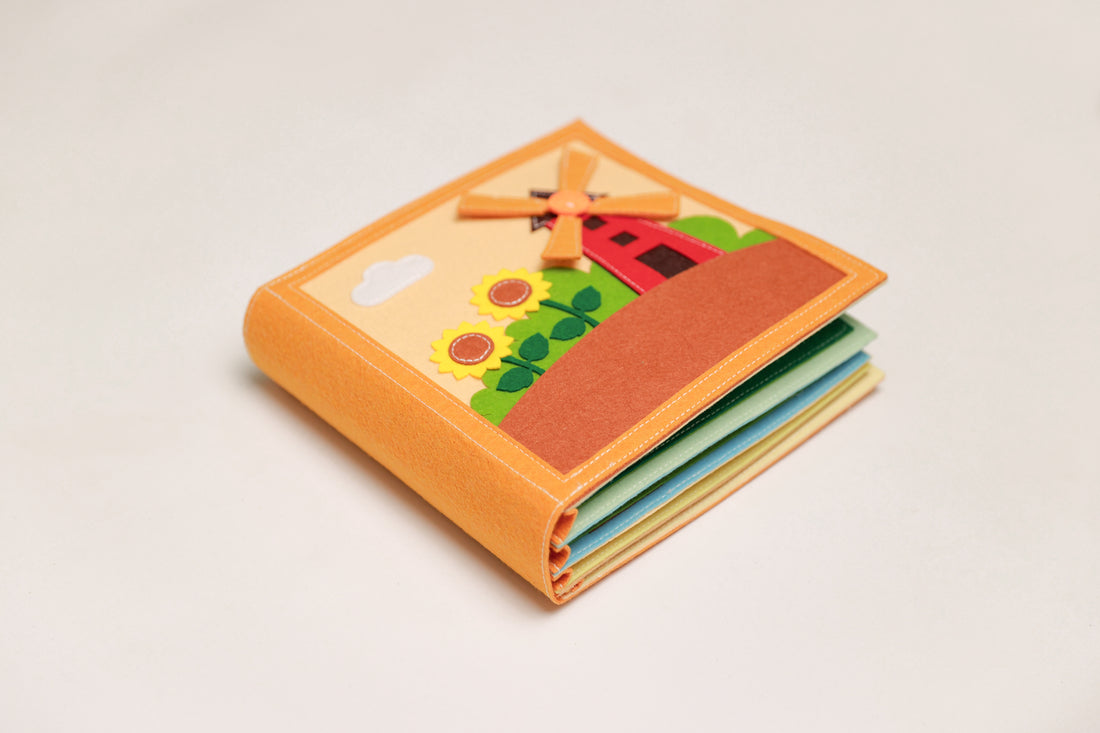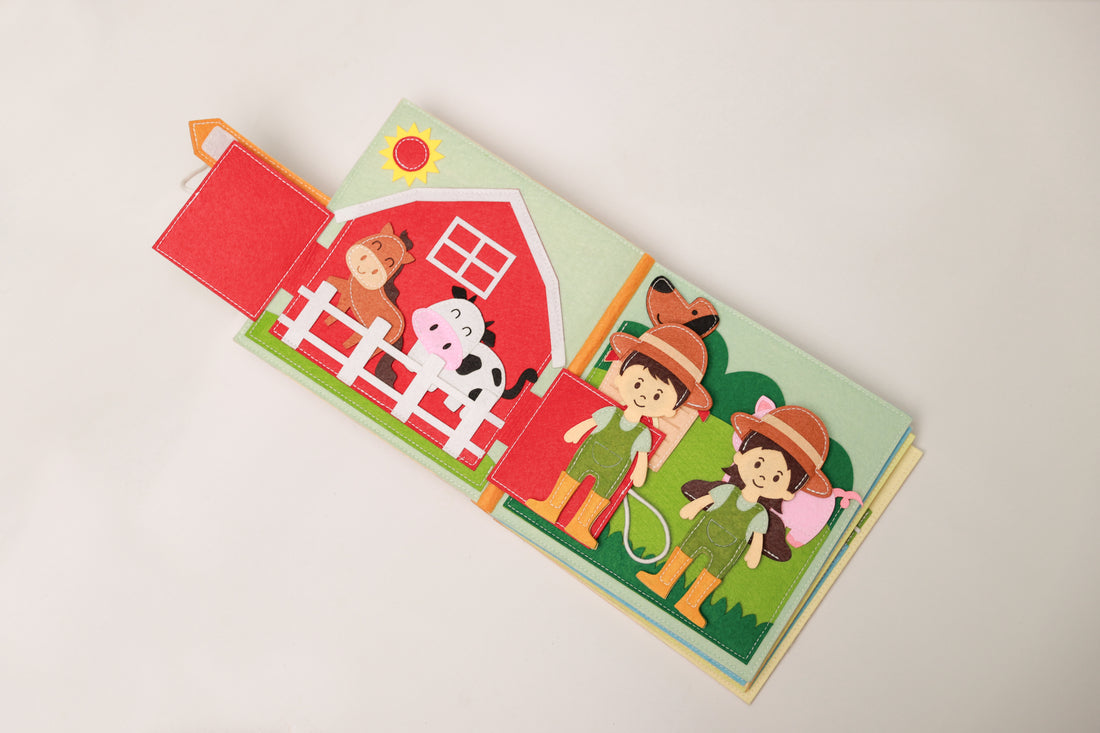That's why we've put together a collection of engaging, toddler-friendly activities to help your little ones develop these vital skills. We're excited to guide you through fun-filled exercises and crafts that'll boost your toddler's hand-eye coordination, finger strength, and more.
Let's get started!
Understanding the Importance of Fine Motor Skills Development
We're well aware of the crucial role that fine motor skills development plays in a toddler's overall growth and learning. It's essential for tasks like holding a spoon, buttoning clothes, or even grabbing a toy, quiet booksSpeaking of toys, they're not just playthings. They play a vital role in skill development. The right toys can enhance dexterity, hand-eye coordination, and precision. Think building blocks, play dough, or puzzle pieces.
But, toys can't do it alone. That's where we, as parents, come in. Our involvement is crucial. We must guide our little ones, encourage them, and even play with them. Remember, we're not just building skills, we're building confidence and nurturing growth.
It's a team effort, really.
Activities to Enhance Hand-Eye Coordination
In our quest to boost hand-eye coordination, we've discovered some engaging games that children love. Balancing games are a hit with toddlers. They're not only fun, but they also challenge their motor skills. We've seen kids gleefully balance blocks, balls, and other objects, their little faces beaming with concentration and enjoyment.Stacking toys also work wonders for hand-eye coordination. We've watched as children meticulously stack rings, blocks, and cups, their small fingers deftly handling each piece. We've noticed that such games also promote problem-solving skills and creativity.
Playful Exercises to Promote Pincer Grasp
Let's shift our focus now to playful exercises that can help promote pincer grasp in children. Grasp Games and Pincer Playtime are fun, child-focused activities that can bolster fine motor skills in toddlers. By encouraging children to pick up small objects using their thumb and forefinger, we're strengthening the pincer grasp, essential for tasks like holding a pencil or fastening buttons. Beads, pom-poms, or small blocks can work well for this.We can also make these activities more engaging by turning them into games. For instance, we could have a 'Race Against Time', where our little ones aim to pick up as many pom-poms as they can within a set timeframe. It's not just about fun, we're building essential skills through play!
Fun-Filled Crafts to Boost Finger Strength
Crafting activities, such as threading beads or molding clay, can also be a fantastic way to boost finger strength in young children. We're keen on making sure we prioritize craft material safety, so we'll always choose non-toxic, child-friendly materials.Don't forget, it's fun to vary the projects, so consider incorporating seasonal craft ideas. For Autumn, we could create leaf rubbings, while in Winter, we might construct paper snowflakes. Spring can bring flower pressing, and Summer, sand art.
Each project will offer different challenges to our little ones, enhancing their fine motor skills as they manipulate various materials. Let's keep in mind, the goal is to make it enjoyable while fostering their development.
Happy crafting!
Incorporating Fine Motor Skill Activities Into Daily Routine
We're looking at how to seamlessly blend engaging tasks that enhance hand and finger strength into our everyday schedules.Incorporating fine motor skill exercises into our daily routine can seem tricky, but it doesn't have to be. Routine Implementation is all about finding those little moments throughout the day when we're already engaging with our toddlers.
For example, meal times can be transformed into fine motor skill sessions by encouraging them to use cutlery. Playtimes can be used for simple bead threading or puzzles. Skill Tracking helps us see the progress our little ones are making.
What Are Some Signs That My Toddler May Be Struggling With Their Fine Motor Skills Development?
We're looking for missed developmental milestones, such as struggling with hand-eye coordination. If they're not grasping objects, scribbling, or stacking blocks around age two, they might need help with fine motor skills.
How Can I Ensure My Child's Fine Motor Skills Are Developing at an Appropriate Pace?
We're ensuring our child's fine motor skills develop appropriately by using skill tracking methods. If we notice delays, we'll seek therapeutic interventions. Remember, it's key to make these activities fun and engaging for them.
Are There Any Specific Toys That Can Help Boost My Toddler's Fine Motor Skills?
Yes, there are many toys that can enhance your toddler's fine motor skills. We'll provide some options, but always remember toy safety considerations and encourage independent play to promote skill development.How Does Fine Motor Skill Development Relate to My Child's Overall Cognitive Development?
We've found that fine motor skill development boosts brain connectivity enhancement and sensory processing improvement in children. This plays a crucial role in their cognitive development, impacting learning, problem-solving, and overall brain function.
Can Fine Motor Skills Development Be Affected by My Child's Diet or Sleep Pattern?
We've found that a child's diet and sleep patterns can indeed impact their fine motor skills development. Dietary impacts and sleep correlation can greatly influence cognitive growth, including the refinement of these crucial skills.
In wrapping up, it's clear how crucial fine motor skills are for your toddler's development. Activities that enhance hand-eye coordination, promote pincer grasp, and boost finger strength can be fun and meaningful.
Craft sessions and daily routines can also be perfect opportunities for skill-building. Remember, we're not just playing, we're setting a solid foundation for our toddlers' future learning and success.
Let's make every moment count in their exciting journey of growth and discovery.

